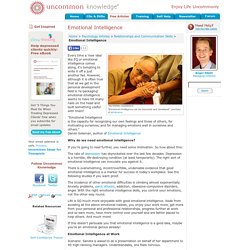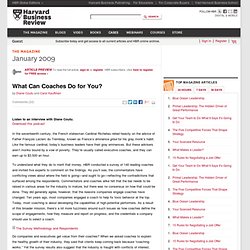

Uk.businessinsider. Someone in a tip-of-the-tongue state will invariably writhe about as if in some physical discomfort.

"I know it, I know it, hang on ... " they will say. Finger snapping and glances to the ceiling might follow, before a final grunt of frustrated submission – "No, it's gone". Psychologists studying this phenomenon say it occurs when there is a disconnect between a word's concept and it's lexical representation. A successful utterance requires these two steps are bridged, but in the tip-of-the-tongue state, only the concept is activated (and possibly a letter or two) while the complete translation into letters and sounds fails. What's more, new research shows the very act of being in this state makes it more likely that it will recur. Maria D'Angelo and Karin Humphreys provoked their participants into experiencing tip-of-the-tongue states by presenting them with the definitions for rare words (e.g.
This suggests the state involves an unhelpful learning process. 8 things everyone should do before 8 a.m. 8 Things Every Person Should Do Before 8 A.M.

Life is busy. How Great Coaches Ask, Listen, and Empathize. Historically, leaders achieved their position by virtue of experience on the job and in-depth knowledge.

They were expected to have answers and to readily provide them when employees were unsure about what to do or how to do it. The leader was the person who knew the most, and that was the basis of their authority. Leaders today still have to understand their business thoroughly, but it’s unrealistic and ill-advised to expect them to have all the answers. Organizations are simply too complex for leaders to govern on that basis. Are You Proud of How You’re Spending Your Time? When you feel like you’re just one e-mail away from failure at work, it can seem ludicrous to take your eyes off of what you believe absolutely needs to get done to consider what you might regret in the future.

The amount of demands coming at you feels so crushing and so unavoidable that you justify a missed soccer game here, a canceled dinner with a friend there, and a never-used gym membership over there, with the thought, I was just doing what it takes to get everything done. Sometimes that thought is accurate when you have a truly urgent situation or a special event like preparing for an annual conference. However, in my experience as a time coach and trainer, I’ve found that reasoning is often a pretty façade for not knowing how to work smarter — so you end up working harder and sacrificing what’s important to you in the process. Emotional Intelligence from Uncommon Knowledge. Home > Psychology Articles > Relationships and Communication Skills > Emotional Intelligence "Emotional intelligence can be improved and developed" courtesy of abhikrama Every time a 'new idea' like EQ or emotional intelligence comes along, it's tempting to write it off a just another fad.

However, although it is often true that all we get in the personal development field is 're-packaging' emotional intelligence seems to have hit many nails on the head and built something useful with them! "Emotional Intelligence is the capacity for recognizing our own feelings and those of others, for motivating ourselves, and for managing emotions well in ourselves and others. " Daniel Goleman, author of Emotional Intelligence.
O som do status: nós reconhecemos pessoas “poderosas” por seu tom de voz - Galileu. De acordo com uma nova pesquisapublicada pelo períodico Psychological Science, estar em uma posição de poder altera fundamentalmente o tom de voz e as propriedades acústicas básicas das pessoas.

O estudo também afirma que os ouvintes percebem e assimilam esse tipo de mudança no tom daqueles que “estão no comando”. “Nossas descobertas sugerem que a alteração no tom de voz pode determinar resultados de relações como pais e filhos, vendedores e consumidores ou negociações entre chefes de estados”, conta o psicólogo líder do estudo Sei Jin Ko, da San Diego State University. Segundo os autores, estudar as propriedades do discurso era uma vontade antiga, mas curiosamente quem deu o empurrão final para a pesquisa foi a ex-primeira-ministra britânica Margaret Thatcher, conhecida (não à toa) pelo apelido "Dama de Ferro".
Para isso, os autores realizaram dois testes. Metanoia Films. Foundation Degree in Counselling Studies at Metanoia Institute Ealing.
Names. Tools. What Can Coaches Do for You? In the seventeenth century, the French statesman Cardinal Richelieu relied heavily on the advice of Father François Leclerc du Tremblay, known as France’s éminence grise for his gray monk’s habit.

Like the famous cardinal, today’s business leaders have their gray eminences. But these advisers aren’t monks bound by a vow of poverty. They’re usually called executive coaches, and they can earn up to $3,500 an hour. To understand what they do to merit that money, HBR conducted a survey of 140 leading coaches and invited five experts to comment on the findings.
As you’ll see, the commentators have conflicting views about where the field is going—and ought to go—reflecting the contradictions that surfaced among the respondents. Do companies and executives get value from their coaches? Bottom line: Coaching as a business tool continues to gain legitimacy, but the fundamentals of the industry are still in flux. What the Coaches Say.
Cross Culture. IBC. Leadership. Guide to Getting the Mentoring You Need.